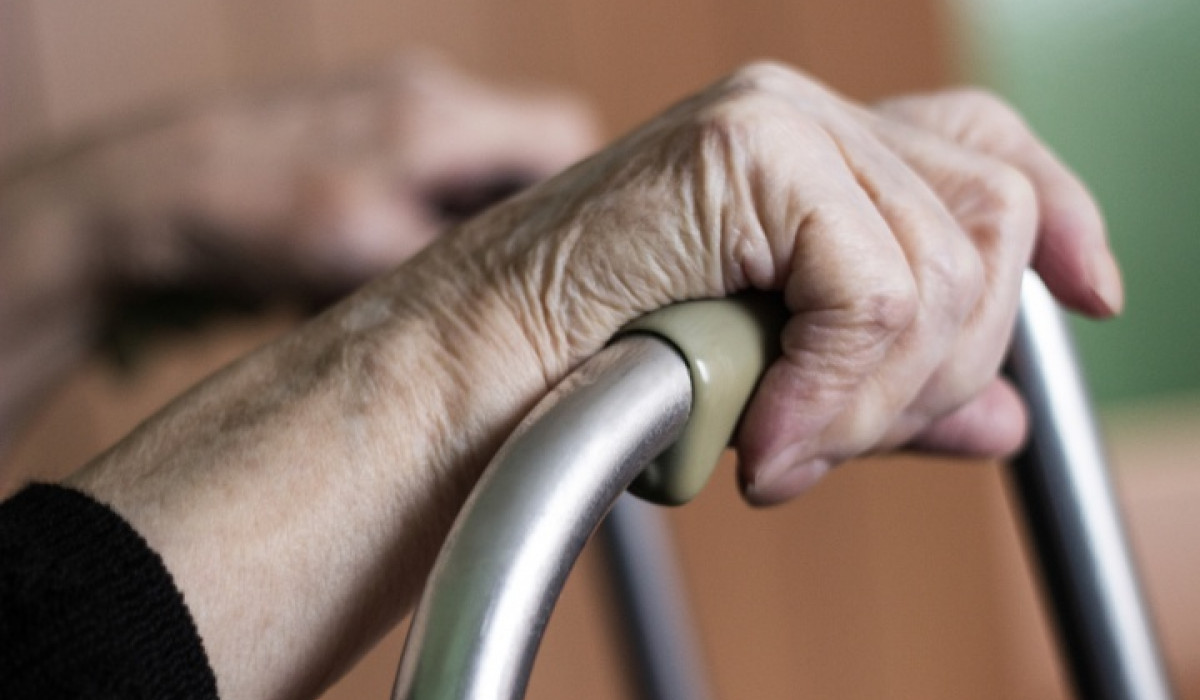Thirty percent of women with osteoarthritis experience anxiety and twenty percent experience depression, compared to twelve percent for men
- Women suffering from osteoarthritis also have a 70% higher rate of hypertension and a 114% higher rate of peripheral vascular disease than women not suffering from osteoarthritis.
- Specialists point out the importance of taking into account these specific factors in women before deciding the best therapeutic approach for osteoarthritis.
- This data comes from the EMARTRO study which was presented for the first time at the 16th National Meeting in Women’s medicine and healthcare.

Thirty percent of women with osteoarthritis experience anxiety and twenty percent experience depression, versus twelve percent of men. This is one of the most relevant findings of a new review of the EMARTRO study, which takes into account patient gender, that will be presented tomorrow for the first time at the 16th National Meeting in Women’s Medicine and Healthcare.
“Suffering from osteoarthritis implies a major incidence of anxiety and depression, as well as a higher consumption of anti-depressive and anti-anxiety drugs. This provides evidence that psychological issues impose a heavy burden for women with osteoarthritis”, declared Dr. Sergio Giménez Basallote, family physician and nation-wide coordinator of the SEMERGEN locomotor apparatus group and one of the authors of the study.
Along these lines, it has been observed that suffering from osteoarthritis is associated with major psychopathology issues. More precisely, women suffer the worst, with 41% exhibiting pathologic issues, compared to 25% for men.
Furthermore, they proved that osteoarthritis patients have almost twice the chance of suffering other diseases, such as arterial hypertension, gastroesophageal reflux disease, and peripheral vascular disease. “In the precise case of women, they suffer from a 70% higher rate of hypertension and a 114% higher rate of peripheral vascular disease than osteoarthritis-free women. This, combined with the higher rates of obesity, makes cardiovascular issues a relevant aspect in the management of women with osteoarthritis”, remarked Dr. Giménez.
Another aspect related to cardiovascular issues is that of physical activity. The study highlighted that the ensemble of osteoarthritis patients have significantly lower levels of physical activity than the general population. But, in the case of women, the percentage of inactivity is far greater compared to that of men. It is also proved that they walk less days per month.
It is key that physicians take into account these differential factors in women before deciding the best therapeutic approach for osteoarthritis. We have discovered that 30% of patients take anti-inflammatory drugs despite the high cardiovascular risk they have”, explained the doctor, who added: “for this type of patient, it would be better to consider the use of other osteoarthritis-specific drugs, such as chondroitin sulfate, which has proved efficacy and a superior safety profile”.
About the EMARTRO Study:
The EMARTRO study (Estudio para evaluar la coMorbilidad en pacientes afectos de ARTrosis sintomática de Rodilla, or Study for the evaluation of comorbidities in patients suffering from symptomatic knee osteoarthritis) involved 1,371 patients from rural and urban areas and 61 primary care physicians from 13 different Spanish regions. It is an epidemiological, observational, multicenter, transversal and comparative nation-wide study of patients with and without osteoarthritis. It is the first ever study of these characteristics made by the Spanish Society of primary care physicians, SEMERGEN, and carried out in collaboration with Bioiberica.
The study, which lasted one year, recruited a number of patients aged 55 to 80 suffering from symptomatic knee osteoarthritis. The data of these patients was compared to that of similar people (same sex, age and healthcare center) not suffering from osteoarthritis. The study collected the patients’ demographic data, current pharmacological treatments, other co-morbidities, pain intensity, functional capacity and quality of life and general status (physical situation, mood).
Session data:
Osteoarthritis: new evidences and co-morbidities
Moderator: Dr. Santiago Palacios
Friday, February 19, 2015, at 08:45 hours


